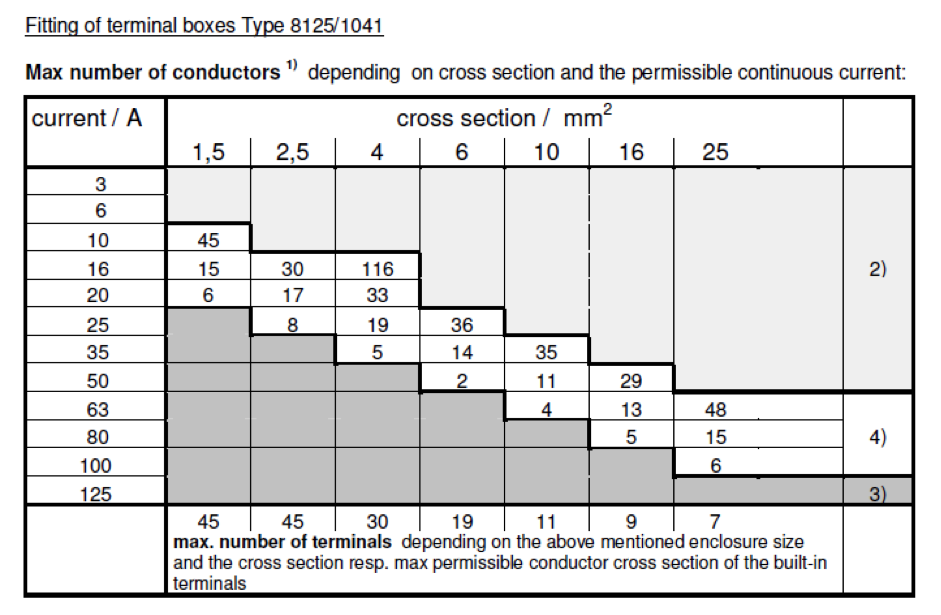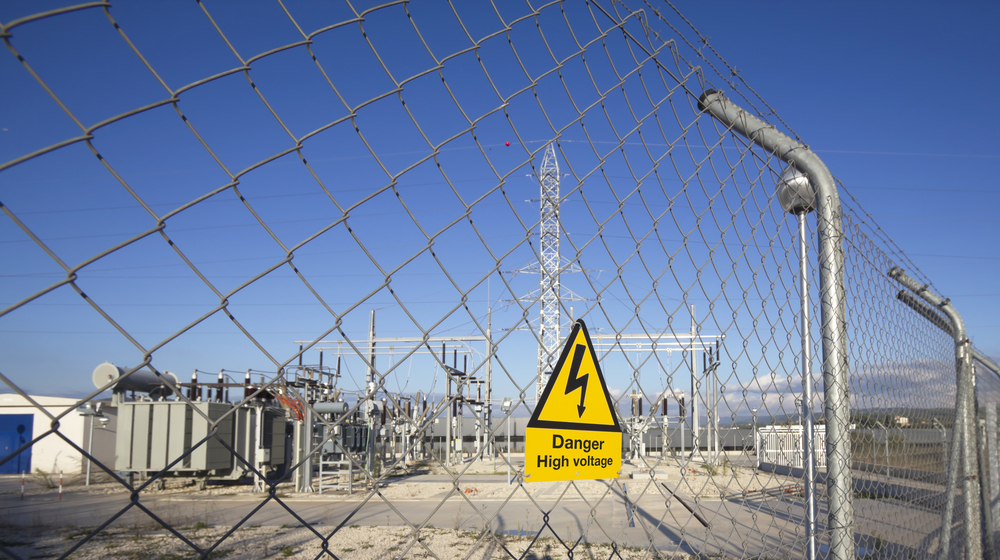What Does Roar Solutions Do?
What Does Roar Solutions Do?
Blog Article
The Buzz on Roar Solutions
Table of ContentsThe Basic Principles Of Roar Solutions Not known Factual Statements About Roar Solutions The Buzz on Roar Solutions
In such an atmosphere a fire or explosion is possible when 3 basic conditions are met. This is often described as the "dangerous location" or "burning" triangular. In order to protect installations from a possible explosion an approach of analysing and classifying a potentially unsafe location is required. The objective of this is to make certain the right choice and installment of devices to ultimately protect against an explosion and to guarantee safety of life.
(https://pastebin.com/u/roarsolutions)
No equipment should be set up where the surface area temperature level of the equipment is greater than the ignition temperature of the offered hazard. Below are some usual dust unsafe and their minimum ignition temperature level. Coal Dirt 380C 225C Polythene 420C (thaws) Methyl Cellulose 420C 320C Starch 460C 435C Flour 490C 340C Sugar 490C 460C Grain Dirt 510C 300C Phenolic Resin 530C > 450C Aluminium 590C > 450C PVC 700C > 450C Residue 810C 570C The chance of the threat existing in a concentration high adequate to create an ignition will certainly differ from location to location.
In order to categorize this risk a setup is separated right into locations of threat relying on the quantity of time the hazardous is present. These areas are described as Zones. For gases and vapours and dusts and fibers there are 3 areas. Area 0 Zone 20 A harmful ambience is extremely most likely to be present and may exist for extended periods of time (> 1000 hours each year) or even continuously Area 1 Zone 21 A dangerous ambience is feasible but not likely to be existing for extended periods of time (> 10 450 C [842 F] A classification of T6 implies the minimal ignition temperature is > 85 C [185 F] Hazardous area electrical devices possibly created for use in greater ambient temperatures. This would certainly showed on the ranking plate e.g. EExe II C T3 Ta + 60C( This indicates at 60C ambient T3 will not be exceeded) T1 T1, T2, T3, T4, T5, T6 T2 T2, T3, T4, T5, T6 T3 T3, T4, T5, T6 T4 T4, T5, T6 T5 T5, T6 T6 T6 A T Course ranking of T1 suggests the optimum surface temperature created by the instrument at 40 C is 450 C. Thinking the associated T Course and Temperature score for the tools are suitable for the location, you can always utilize a tool with a more strict Department rating than required for the location. There isn't a clear answer to this concern. It actually does depend on the sort of equipment and what repair work need to be accomplished. Devices with specific examination procedures that can not be performed in the area in order to achieve/maintain 3rd party score. Have to return to the factory if it is before the equipment's service. Field Fixing By Authorised Personnel: Challenging screening may not be needed however certain treatments may need to be complied with in order for the tools to keep its 3rd party score. Authorized personnel need to be utilized to do the work properly Fixing must be a like for like replacement. New component need to be thought about as a straight replacement calling for no special testing of the equipment after the repair work is total. Each tool with a hazardous rating ought to be assessed separately. These are described at a high level below, however, for more comprehensive information, please refer directly to the guidelines.
Roar Solutions for Beginners
The tools register is a detailed database of equipment documents that includes a minimum collection of fields to identify each thing's place, technical criteria, Ex lover classification, age, and ecological information. The proportion of In-depth to Close examinations will be figured out by the Equipment Threat, which is evaluated based on ignition threat (the likelihood of a source of ignition versus the likelihood of a combustible environment )and the hazardous area category
( Zone 0, 1, or 2). Applying a robust Risk-Based Examination( RBI )technique is crucial for making certain compliance and security in managing Electrical Tools in Hazardous Areas( EEHA).
The Definitive Guide to Roar Solutions

In terms of eruptive danger, a harmful area is a setting in which an explosive atmosphere exists (or may be expected to be existing) in amounts that need special preventative measures click for the building and construction, setup and use of tools. hazardous area electrical course. In this post we check out the challenges encountered in the office, the risk control steps, and the called for competencies to function securely
It issues of modern-day life that we manufacture, save or deal with a range of gases or liquids that are considered combustible, and a series of dusts that are considered flammable. These compounds can, in particular conditions, create explosive atmospheres and these can have major and unfortunate consequences. Most of us recognize with the fire triangle get rid of any type of among the 3 components and the fire can not take place, but what does this mean in the context of unsafe areas? When damaging this down right into its easiest terms it is basically: a combination of a particular quantity of launch or leak of a particular material or product, blending with ambient oxygen, and the presence of a source of ignition.
In most circumstances, we can do little concerning the degrees of oxygen airborne, however we can have considerable influence on sources of ignition, for instance electrical tools. Hazardous areas are documented on the hazardous area classification drawing and are determined on-site by the triangular "EX LOVER" sign. Here, among various other vital details, areas are divided right into 3 kinds relying on the hazard, the likelihood and duration that an explosive ambience will exist; Area 0 or 20 is considered the most hazardous and Area 2 or 22 is regarded the least.
Report this page